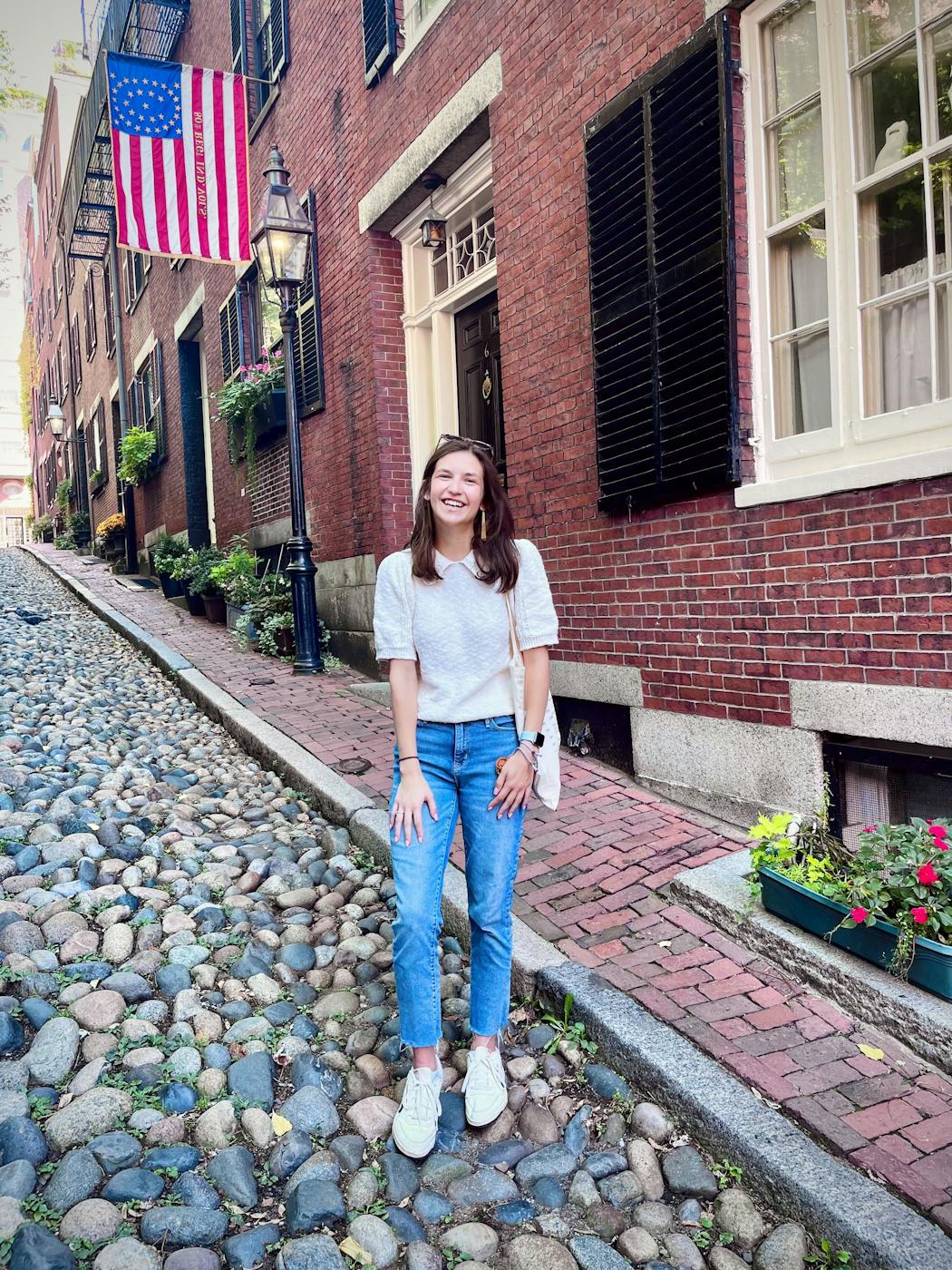Priscilla Hagerman of Minnetonka has spent the last several years working with local and national organizations to ratify international protections for women's rights — one city at a time.
Adopted by the United Nations in 1979, the U.N.'s Convention on the Elimination of all Forms of Discrimination against Women (CEDAW) is often described as an "international bill of rights for women" among states and countries that have ratified it. The United States is not on that list — yet.
Hagerman, a recent University of Minnesota grad, now works for the St. Paul-based nonprofit World Without Genocide, and is recipient of the U's Inna Meiman Human Rights Award, which honors students who "[embody] a commitment to human rights."
Q: It must frustrate you that the U.S. is in a very small group that has yet to ratify the treaty. What can you tell us?
A: President Jimmy Carter signed CEDAW at the U.N. in 1980, but the U.S. never ratified the treaty at home — making it the only established democracy not to have done so. Only five other countries and the Holy See have not ratified the treaty. Women's rights seem like a very easy thing to ratify, especially since this particular document is very bipartisan in the U.S. I've had a few people ask, "Well, why is it important? Like, what does it actually do?" It just seems like a document that says we stand for women's rights ... makes it easier to take small steps towards actually having a society where women and girls are treated equally. And it also holds us accountable in the international community.
Q: Where is the junction between genocide prevention and women's rights?
A: Women and girls are very disproportionately affected by genocide, war and conflict. With CEDAW, we do a lot of work trying to hold perpetrators of atrocities accountable. That includes prosecuting people at the International Criminal Court, or, in this case, ratifying conventions from the U.N. Those are really important documents and agreements for preventing human rights violations from happening around the world.
Q: How do people respond to hearing about this work?
A: One example: After the women's rights resolution was endorsed by the Northfield City Council, we spoke to a Rotary Club there. Some [members] were really intrigued to learn about rape kit reform, which is a relevant women's rights issue in Minnesota. In our state, you actually can see how many untested rape kits there are in each police department across the state. We had shared that number with the Rotary Club, and they were appalled. And they were like, "Let's start there." Only 14 or so kits in their city had been untested, but it helps to just feel like there's somewhere to start.
Q: Please tell us more about your award.
A: Part of it dealt with a campus-wide [women's rights] recognition referendum that we tried to get passed. Unfortunately, we weren't able to get enough signatures to get it on the ballot, but it was really important to be able to even bring awareness to the issue. I didn't think I was going to win it, but I was like, "You know, I've done this work on women's rights. Might as well apply, it can't hurt."
Q: How did you get involved with this work?
A: I figured out when I probably 14 that I wanted to do something with international relations in college. I got really involved with Model United Nations, and that's something I kept doing throughout college. My parents have both worked for nonprofits for most of my life, and so volunteering was something that was always really important. Trying to do work in my community that makes change is just something that's always been a part of my life, something that is very important to me and a guiding principle for me when I was trying to figure out what sort of career path I wanted to choose.
Q: You've set big goals for yourself on heavy topics. What keeps you going?
A: There are times when I have to take breaks during my work day, because, you know, what I'm reading or writing is just a difficult topic. But it's important, and not a lot of people commit themselves to making changes in the world. Just seeing people around the world hurting and not being able to live life in the way that we all hope people should be able to live... I think that's kind of the core motivation for me. It's hard to see, and I want to be able to make a difference in any way that I can. I would hope that if I were in a situation where my community was facing genocide or something like that, that somebody would stick up and be a voice for me.
Q: What's next for you?
A: I want to go to graduate school, and I want to be able to work for either the government or a nonprofit that has the ability to make a difference in the world. I actually got accepted into the Peace Corps a couple months ago, and I'm moving in October to Mongolia to serve for the next two years. I'll be doing English education and community development. It'll be really interesting to see, because it's the first cohort of volunteers to go back to Mongolia since the beginning of COVID. I'm really excited about it.

The 5 best things our food writers ate this week

A Minnesota field guide to snow shovels: Which one's best?

Summer Camp Guide: Find your best ones here

Lowertown St. Paul losing another restaurant as Dark Horse announces closing



